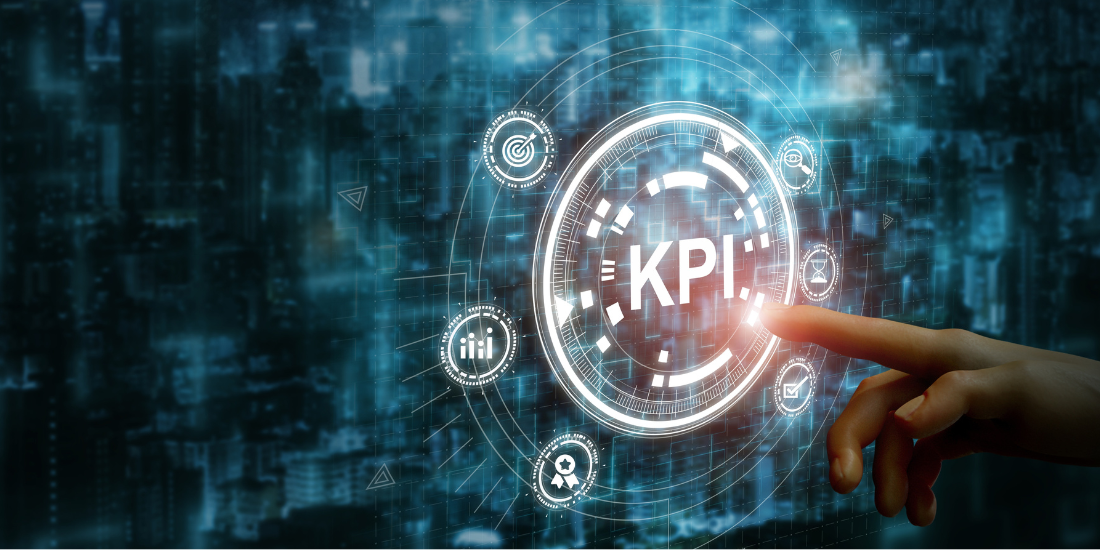


How AI transforms KPIs
The role of KPIs in a modern-day business market is not debatable. Therefore, KPIs act like a navigational compass that provides direction for companies towards the set strategic goals. Nevertheless, the development of technology and markets is rapidly growing. Therefore, their approaches to bettering these KPIs are radically changing these days. Artificial Intelligence (AI) has increasingly gained popularity as an integrative tool for improving and restructuring KPIs.
Normally, KPIs have been retrospective based on historic performance that is used to make decisions for future purposes. This strategy is of great use but is nowadays increasingly compensated and sometimes superseded with forecasted indicators assisted by AI. In this regard, KPIs become predictable as companies can anticipate forthcoming trends because there is an aspect of ‘predictability’ in AI.
Optimization of conversion rates is also one of the ways in which AI is revolutionizing KPIs. For example, in a marketplace, artificial intelligence can sort out massive volumes of information in order to see trends and predict consumer conduct behaviors. With this ability, firms can change tactics as they go and consequently create more efficiency and income. Moreover, the predictive analysis of AI not only improves the already existing KPIs, but it additionally assists in developing other more appropriate metrics aligned with modernized business setting.
Using AI to define KPIs presents several advantages to businesses. It is usually more specific, involves schedule, and is geared towards supporting the company’s strategic goals. This makes more financial benefit while enhancing efficiency.
In addition, AI enhanced KPIS create new connections between the different indicators allowing looking at the firm from the point of different perspectives.
However, many organizations still rely on human judgment to make decisions about KPI management.
Human expertise is unmatchable but basing on it alone typically leads to less-than desirable results. Yet, companies applying artificial intelligence for structuring their main indicators of performance are more likely to spot a change in the metrics and to see a progress in the business expansion.
Nevertheless, the road leading for AI enhanced KPIs faces several obstacles. There is need for cultural change at both managerial and workforce levels. On their part, organizations will be required to spend money in AI projects and develop related data infrastructure. It will also be necessary for them to instill a culture of using data informing the process of making decisions.
Summarizing, the intelligent KPIs based on artificial intelligence will determine the direction in which strategic business measurement will go in the future. On the other hand, these KPIs are better as they allow for anticipation in addition to quantifying performance outcomes of businesses. In today’s changing and unpredictable world, corporations that recognize the significance of artificial intelligence (AI) for implementing and operating their key performance indicator (KPI) strategy are more likely to have an edge over competitors.




